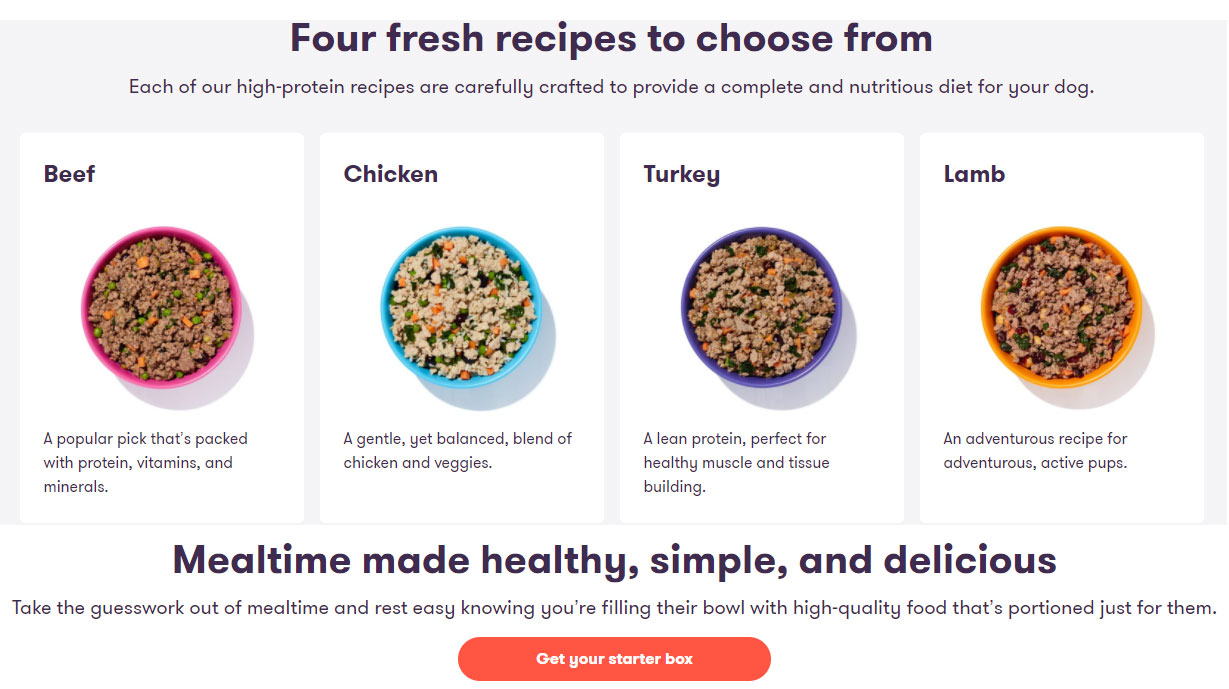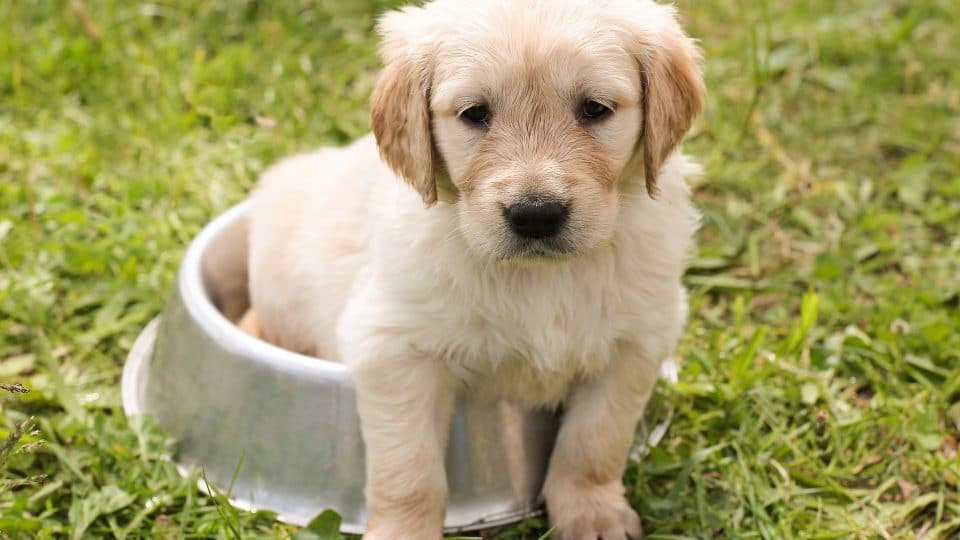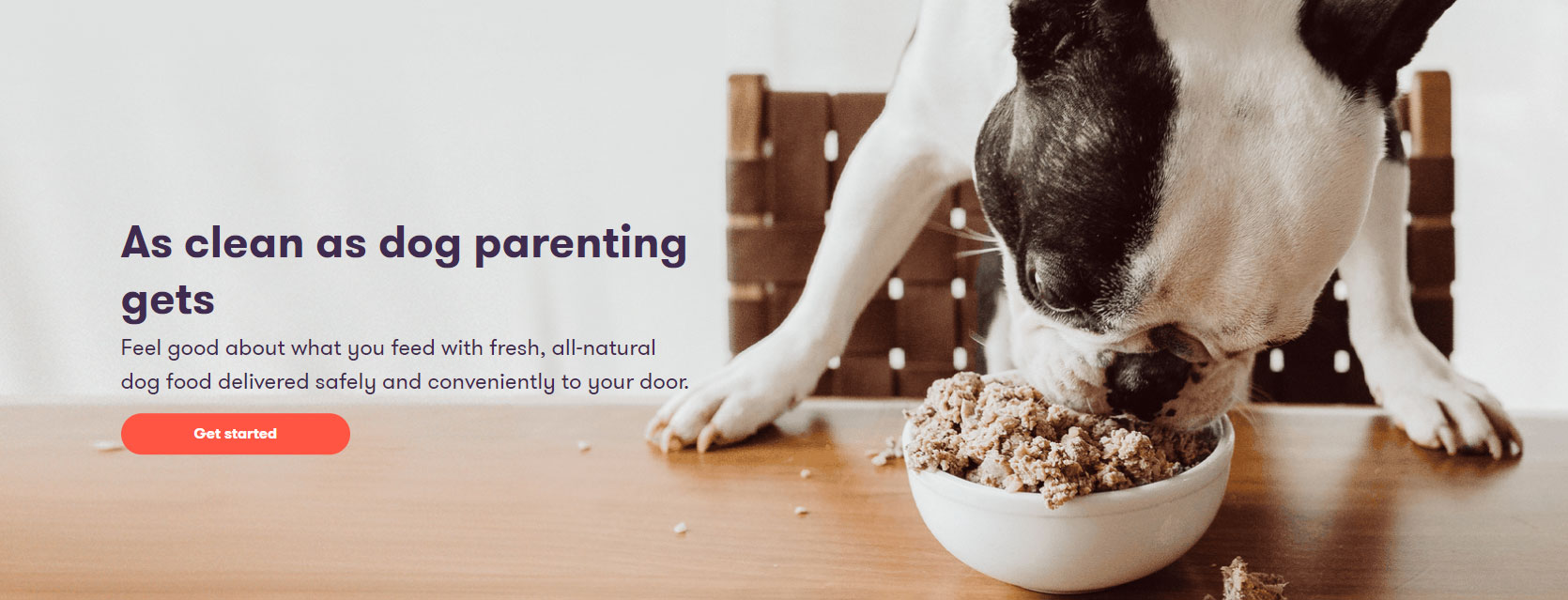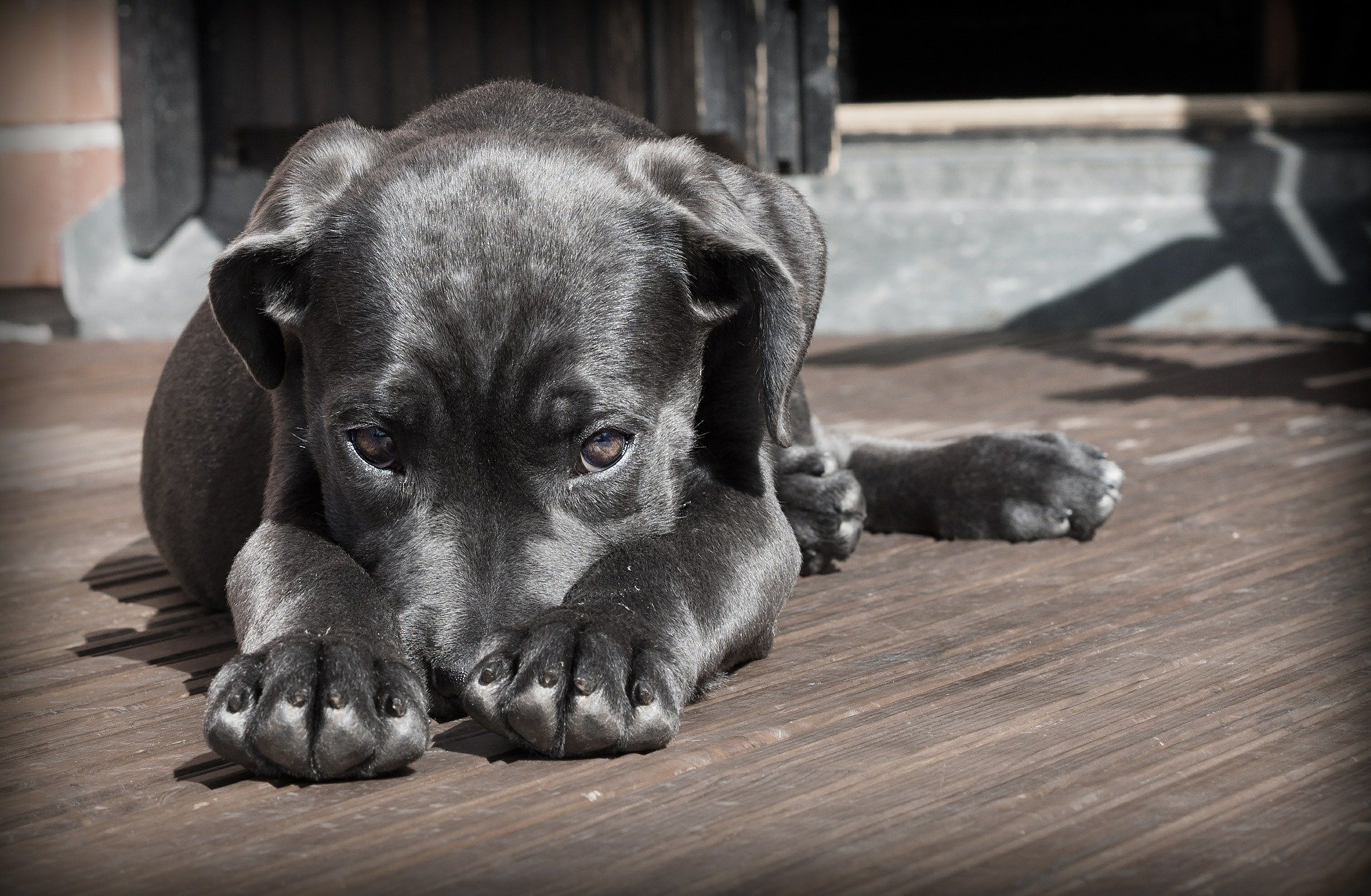My puppy won't eat
Puppies are young creatures with fragile health, especially during the first days of their life. As a result, a puppy that doesn't eat can quickly worry its owner.
There's no need to panic, though. A puppy that doesn't eat can have many good reasons for doing so, and not all of them are cause for concern. However, an anorexic animal should not be ignored, and it is important to know the different causes that can push him to adopt such a behavior to make sure he is not in danger.
What is a non-eating puppy?
A puppy is said to not eat when he sulks at his food bowl for a certain period of time, usually several hours in a row. The situation becomes worrisome after a day of not eating, and after several days, we can start talking about anorexia.
There are many reasons why a puppy may not eat, and in most cases, these are mostly mild and temporary problems. It's important to make sure your puppy continues to drink during this impromptu fasting period, as dehydration has a much more serious and rapid impact on his health than anorexia.
While small puppies can go without food for 24 to 48 hours (depending on their age) without fear of severe health repercussions, a prolonged lack of hydration for more than a day is much more critical.

My puppy doesn't eat, possible causes
There are a wide variety of illnesses that can cause a puppy to be very uncomfortable and not eat. Not all of these illnesses are severe, but they can cause him great discomfort, distress or, quite simply, lethargy that takes away his courage to go to his food bowl.
To rule out an illness, pay special attention to your puppy's general health and behavior. If your little friend seems alert, isn't complaining, hiding or being more clingy than usual, then there's a good chance he's not sick.
Also, inspect his body thoroughly for any small bumps or more serious injuries: even small, seemingly innocuous rashes can be a sign of more serious problems. While a puppy exhibiting normal behavior is not a cause for concern, it should be noted that illnesses in young dogs, especially those involving fever, can quickly escalate.
If you have any doubts, or if your puppy continues to refuse to eat after 48 hours, seek veterinary care quickly.
My puppy doesn't eat: he's stressed
The arrival of the puppy in his new environment and the separation from his mother and siblings can be very unsettling for him, and he may show his discomfort through anorexia. Be very reassuring with your pet, and do not hesitate to accompany him to his bowl or, on the contrary, to lock him in a quiet room with his food if your presence seems to worry him.
Dogs instinctively tend to avoid eating when they're on guard, tense or anxious, so it's very important to place your puppy's bowl in a place where he's relaxed. If your puppy refuses to eat immediately after arriving at your home, or after a potentially traumatic event, there's a good chance that his anorexia is due to stress, in which case it should disappear as soon as he's confident again.
My puppy won't eat: he doesn't like his food
Like adult dogs, puppies can also be picky eaters and refuse to eat from their food bowls for the simple reason that the food you're serving them isn't to their liking. A puppy who turns away from his food simply because he likes it may quickly become hungry, and jump at any other food he likes.
So, if your pet miraculously regains his appetite when you offer him chicken fillet or pour warm water over his kibble, chances are he's more of a gourmet. A little hint that might help you identify a foodie puppy: some breeds are notoriously finicky, like the Shiba Inu, which tends to eat food that doesn't excite its taste buds with its lips.
It is, on the other hand, much rarer to see a Beagle or a Labrador forsaking kibble, as they usually happily throw themselves on anything edible - or not! To avoid this situation, don't hesitate to ask the breeder from whom you acquired your puppy what type of food he was given before you adopted him, so that you can provide him with the same meal when he arrives at your home.
My puppy won't eat: he was weaned incorrectly
Puppies that don't eat may also have been weaned too early, either from a feeding standpoint, meaning they are not physically able to eat solid food and should still be breastfed, or from a mother-puppy relationship standpoint. It is relatively easy to rule out the former if your puppy is over 8 weeks old, in which case he is developed enough to swallow moderately solid food, such as wet food or kibble.
Remember that the sale of puppies under 8 weeks of age is forbidden in France, because, under this age, the animal is not yet weaned and cannot manage without his mother. The second hypothesis is that your puppy is older than 8 weeks and weaned from a food point of view, but asked to stay longer with his mother.
In fact, the weaning of puppies at 8 weeks is only an indication, based on the age at which the animal can do without maternal milk, the bitch progressively stopping producing it from the 7th week of nursing. But, in fact, a puppy can stay with his mother until he is 4 to 6 months old, and she will only reject him very gradually, first through games, then at bedtime and, finally, by only allowing solicitations that respect the social codes of dogs, as if he were a stranger.
Separated from their mother as early as 8 weeks of age, puppies need to be comforted and will generally bond very quickly to the first person who will bring them a sense of security, usually the new owner. If the owner fails in this role, the puppy is brutally torn from any source of comfort, and may develop severe behavioral problems, resulting in great distress.
This problem is often found in puppies sold in pet stores, who are separated from their mothers and placed behind glass in an environment likely to cause sensory development problems and anxiety. In addition, these puppies often come from unidentified breedings, sometimes located in Eastern countries where they are raised in appalling conditions and may be separated from their mothers before they are eight weeks old.

Consequences of anorexia in puppies
The impact of anorexia on a puppy's health will vary greatly depending on the causes of the disorder, but also on the age of the animal. The younger the puppy, the less fat reserves it has to cope with the lack of energy intake.
If you've just acquired your pet, and he's only two months old or so, it's important to keep a close eye on him and make sure he doesn't fast for more than 24 hours. If your puppy is older, from 6 months, you can wait 48 hours without serious consequences.
In both cases, beyond this period, it is important to consult a veterinarian or to call the breeder who sold him to you to get advice on this situation which, as a professional, he should be used to. Also be vigilant in case of any new symptom that could suggest that your puppy is sick (diarrhea, vomiting, apathy, etc.), in which case you should not wait to consult a veterinarian.
What to do if your puppy won't eat
The first thing to do if your puppy is not eating is to check him closely for signs of illness or injury. If his behaviour seems normal, i.e., he's not more excited or clingy than usual, or more listless, then he may simply be distracted.
Take him for a walk, or let him play with you for a while, keeping him physically and intellectually challenged, and then serve him his food again. If he's still not eating, try pouring warm water over his food: his kibble may be too hard to chew, or he may not like the smell or taste of it.
Also, make sure the food you offer is appropriate for his age and size, otherwise he may have trouble digesting it or swallowing it, which is why he may not like the food. Warm water usually solves the problem of picky eaters, even when poured over food, as warmer foods often seem more palatable to puppies.
You can also try giving your puppy some cooked chicken breast to see if it will stimulate his appetite, but don't overdo it - it's not a complete and balanced food for a puppy. If none of this helps your puppy's appetite, consult a veterinarian to diagnose the cause of the problem and suggest an appropriate solution.

FAQ
Why won't my puppy eat?
There are many reasons why your puppy may not eat: it may be due to illness, latent or intense stress, poor weaning or simply because he doesn't like the food.
My puppy won't eat, is it serious?
A puppy that doesn't eat for a few hours is not necessarily in danger, but it's important to know the cause of the problem to determine its severity. In most cases, you can simply offer your puppy food that's more appropriate for his age, size and taste, or soften his kibble with a little warm water to get him interested again. If your puppy doesn't regain his appetite after 24 to 48 hours, it may be a sign of a more serious condition and a veterinarian should be consulted.
How do I get a puppy to eat when he refuses to eat?
You can encourage your puppy to eat by softening his kibble with a little warm water, a trick that works in most cases, when there are no underlying problems.
My puppy is not eating, should I go to the vet?
If your puppy shows signs that he is sick (diarrhea, vomiting, tiredness, complaints, very clingy behavior, etc.), it is essential to take him to the vet as soon as possible. On the other hand, if he hasn't eaten for only a few hours, but seems, otherwise, quite normal, you can wait 24 to 48 hours before taking him to the vet, the time to offer him a more appetizing food to see if it gives him back his appetite.
A puppy that won't eat can be a source of concern for his owner, especially when he's the very first pet in the household. Fortunately, most puppies who skip their bowls do so simply because they don't like the new food, or because they're distracted.
If, after trying to motivate your pet to eat, nothing happens, contact a veterinarian or the breeder who sold it to you for further advice: better too early than too late.

